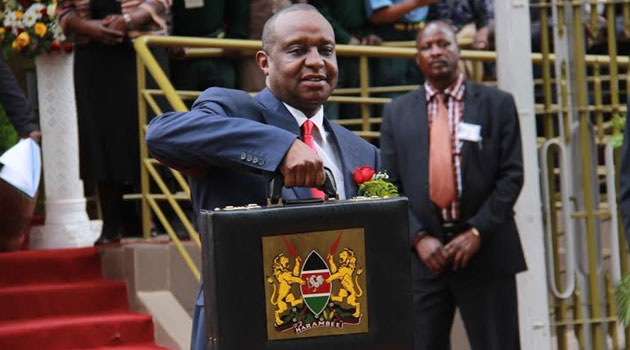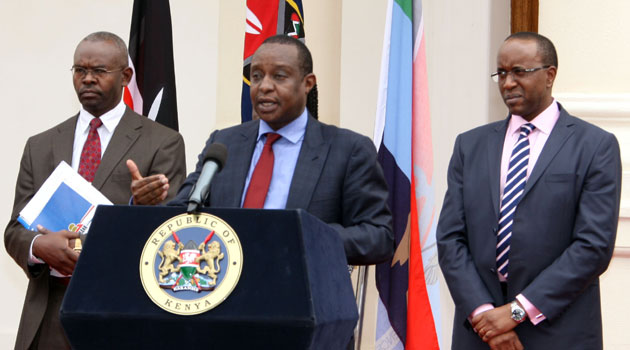NAIROBI, Kenya, Jun 13 – Kenyans expect the government to reduce the prices of basic commodities as the Treasury Cabinet Secretary Henry Rotich prepares to table this year’s budget in Parliament Thursday afternoon.
Speaking to Capital Business, Jared Were, an electrical technician has accused the government of often neglecting the lower class who struggle to keep up with the high cost of living in the country lower class who scrap to keep up with the high cost of living experienced in the country.
“There is nobody who is always thinking about the less fortunate, the prices of basic commodities should be reduced to support them the cost of living is already high where when the prices are reduced it should be direct, like sugar was around Sh107 per kg and it has now been reduced to either Sh94 so that we forget only considering the rich,” said Jared.
In the past few months, the cost of fuel has been on the rise, the latest price review saw Energy and Petroleum Regulatory Authority saw the cost of a litre of super petrol up by Sh5.43, diesel increase by Sh2.24 and a liter of kerosene rise by Sh2.40.
Moses Kenya, who is a businessman, said for Kenyans to be comfortable, the government should first consider reducing the fuel prices that tend to affect the prices of basic commodities.
“The prices of rice and Unga cannot reduce when we keep seeing the fuel prices go up. As Kenyans we cannot keep up, the tax load is already heavy,” commented the frustrated entrepreneur.
The rise in fuel prices has since been projected to have a spiral effect on Kenya’s production chain, further pushing up the cost of living.
For hotel attendant Thomas Kang’ethe, there is now new development since the Treasury commenced presenting the financial year plan to Parliament and Kenyans.
“There is nothing new in the budget as the majority of Kenyans are often neglected. What we hear of are debts day in day out, corruption and of course members of parliament consistently demanding for a salary increase,” he said.
Experts have also warned that any marginal increase in VAT on basic commodities could hit the already struggling Kenyans after the Treasury set a revenue target of Sh2.2 trillion, up from Sh1.9 trillion.




































